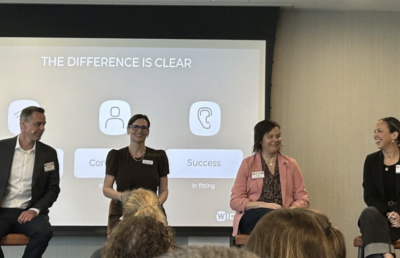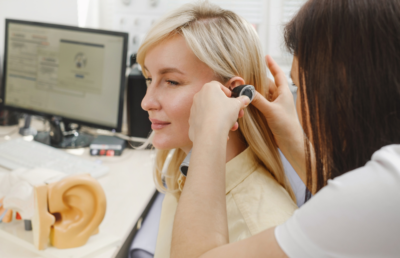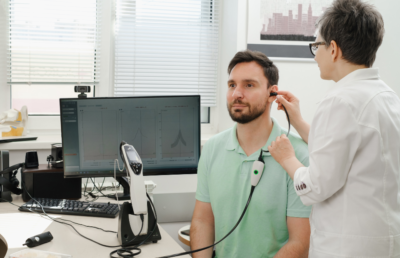As Christmas is quickly approaching, I have to let you in on a small secret… the toys you are buying you children or grandchildren, they are probably going to require batteries! Do not forget to purchase a few packs of batteries or that child is not going to be happy when they can’t play with their toy they have been dreaming about for months. I vividly remember at the age of seven my younger sister, Diana, received her all time wish from Santa–A Baby Alive! Receiving this doll was a magical night for her until she wanted to play with the doll and Santa forgot a vital accessory, the batteries!

No this post is not a pitch for batteries sales but rather information about batteries, hearing aid batteries that is. Many of my patients have questions regarding batteries so what better time to address this topic then now. 
Hearing aids do not use rechargeable batteries. There are a few companies that do have rechargeable batteries, but the cost and sometimes issues with the recharging does not make it appealing. A common question that is asked is “Why does the battery die so fast?”.
1. Technology can be your friend…or not. Hearing aid battery development has remained stagnant with no advances since the 1960s yet hearing aid technology is rapidly developing and changing every six months. Because of these new technology advancements, the current battery power consumption is greater. I hope in the near future hearing aid battery companies will see the need to develop their products to be more efficient for the current hearing aid technology and not technology from the 1960s.
2. You do not want a power junkie. Hearing aid batteries will use more current and power as the patient’s hearing loss becomes more severe which will in turn decrease the battery life. This is also true if the hearing aid is small and requires a power circuit.
3. Small is not always a good thing. This is particularly true for hearing aid battery size. The smaller battery the shorter the battery life, which result in changing the battery more frequently.
4. Environmental hazards beware. Environmental surroundings such as low or high humidity may affect battery life as well as temperature and altitude. Especially in these winter months as the temperature decreases and humidity is reduced, battery voltage may be reduced and the hearing aid may dry out reducing battery life. The same thing is true in high humidity areas where moisture may affect the battery chemicals needed to perform optimally.
These factors as well as how long the patient is wearing the hearing aid per day, may all affect battery life of a hearing aid. These vital accessories for your hearing aids are just like batteries for the children’s toys–don’t forget to get a pack or two when shopping this holiday season. You may never know when you hear the signal….
Related articles
- Batteries anyone? (silentworldmalta.wordpress.com)
- When Shopping for Gifts, Don’t Forget Your Rayovac Batteries! (mommybrainreports.com)




